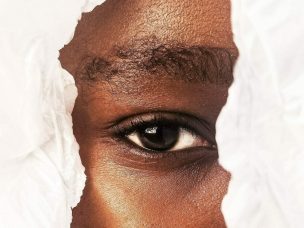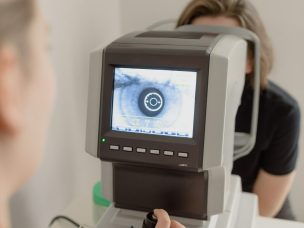Although the clinical efficacy of anti-VEGF treatments for wet age-related macular degeneration has been established, real-life results may differ, particularly due to the difficulty of managing treatment over time. This retrospective cohort study, published in BMC Ophthalmology, describes and analyzes real-life data from patients treated with anti-VEGFs, and compares them to data from previous clinical trials and other studies.
The study analyzed data from 865 eyes of 780 patients treated with anti-VEGF treatments over a long-term follow-up period. The main treatment options considered were aflibercept and ranibizumab, but bevacizumab was also considered for certain patients. Patients underwent a visual acuity test at each follow-up visit.
Ultimately, the researchers found that patients treated with bevacizumab received fewer yearly injections than patients treated with ranibizumab, but no significant difference in the number of injections per year was detected in other comparisons among groups. In addition, there was a deterioration of visual function over time for the entire cohort, with no significant difference in mean visual acuity.
The researchers concluded that no significant difference between these three anti-VEGF treatments was discernable [1].
Source:
[1] Corazza, P., D’Alterio, F. M., Kabbani, J., Alam, M. M. R., Mercuri, S., Orlans, H. O., & Younis, S. (2021). Long-term outcomes of intravitreal anti-VEGF therapies in patients affected by neovascular age-related macular degeneration: a real-life study. BMC Ophthalmology, 21(1). https://doi.org/10.1186/s12886-021-02055-6










